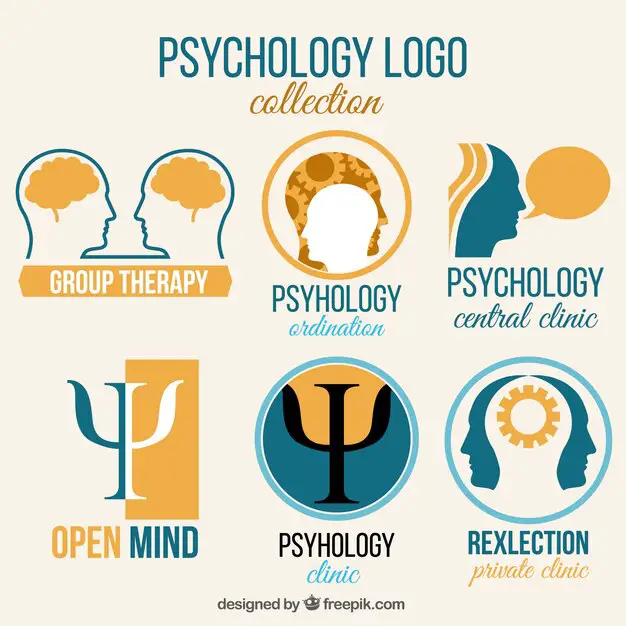Becoming a Guidance Counselor on A Guide to Guidance Counselor Programs

In the ever-evolving landscape of education and mental health, guidance counselors play a crucial role in supporting the academic, social, and emotional well-being of students. Behind every proficient guidance counselor lies a foundation of specialized education and training gained through guidance counselor programs. Let’s embark on a journey to explore these programs, their significance, and the pathways they offer to aspiring guidance counselors.

Page Contents
Becoming a Guidance Counselor on A Guide to Guidance Counselor Programs
Understanding Guidance Counselor Programs:

Guidance counselor programs are specialized educational programs designed to prepare individuals for careers as guidance counselors in various settings, including schools, colleges, community agencies, and mental health centers. These programs provide a comprehensive blend of coursework, practical experience, and hands-on training to equip students with the knowledge, skills, and competencies necessary to excel in the field of counseling.
Curriculum Essentials:
The curriculum of guidance counselor programs typically covers a broad spectrum of topics relevant to counseling theory, practice, and ethics. Key areas of study may include:
- Counseling Foundations: Courses in counseling foundations introduce students to the theoretical frameworks, ethical guidelines, and professional standards that govern the practice of counseling. Topics may include counseling theories, multicultural competence, and legal issues in counseling.
- Human Development: A deep understanding of human development across the lifespan is essential for effective counseling practice. Courses in human development explore the biological, psychological, and social factors that influence individual growth and development from infancy through adulthood.
- Assessment and Evaluation: Courses in assessment and evaluation equip students with the skills to assess clients’ strengths, needs, and challenges using a variety of assessment tools and techniques. Students learn how to interpret assessment data and use it to inform counseling interventions and treatment planning.
- Counseling Techniques and Interventions: Courses in counseling techniques and interventions provide students with practical skills for conducting counseling sessions and implementing evidence-based interventions. Students learn a variety of counseling approaches, such as cognitive-behavioral therapy, solution-focused therapy, and motivational interviewing.
- Specialization Areas: Many guidance counselor programs offer opportunities for students to specialize in areas such as school counseling, clinical mental health counseling, or career counseling. Specialization coursework provides in-depth training and preparation for working with specific populations or addressing particular issues.
Practicum and Internship Experience:
In addition to coursework, most guidance counselor programs require students to complete a practicum and supervised internship experience in a counseling or educational setting. These hands-on experiences provide students with the opportunity to apply theoretical knowledge in real-world settings under the guidance and supervision of experienced professionals. Practicum and internship experiences allow students to develop counseling skills, gain practical experience, and build professional networks.
Licensure and Certification:
Upon completion of a guidance counselor program, graduates may pursue licensure or certification in counseling or school counseling, depending on their career goals and the requirements of their state or jurisdiction. Licensure and certification typically require passing a licensure exam, completing a certain number of supervised hours of counseling experience, and fulfilling continuing education requirements to maintain licensure.
Conclusion:
Guidance counselor programs serve as the foundation for individuals aspiring to make a positive difference in the lives of others through counseling and support. By providing rigorous coursework, practical experience, and specialized training, these programs prepare students to excel as guidance counselors in a variety of settings, empowering them to foster resilience, growth, and well-being in individuals, families, and communities.







